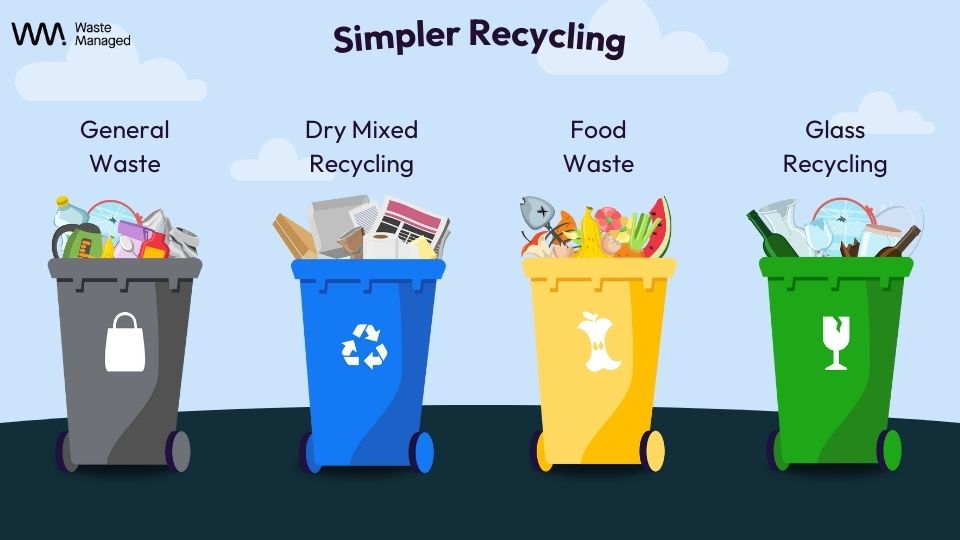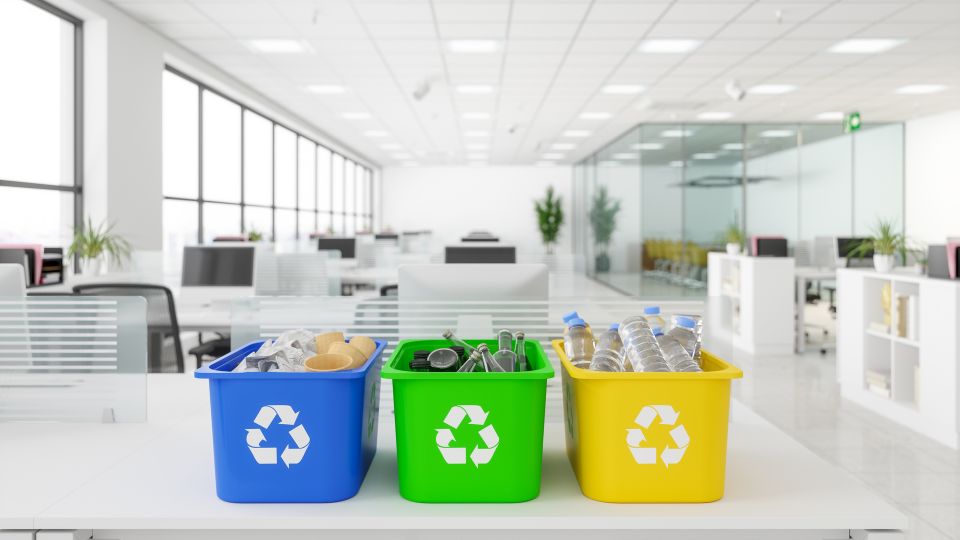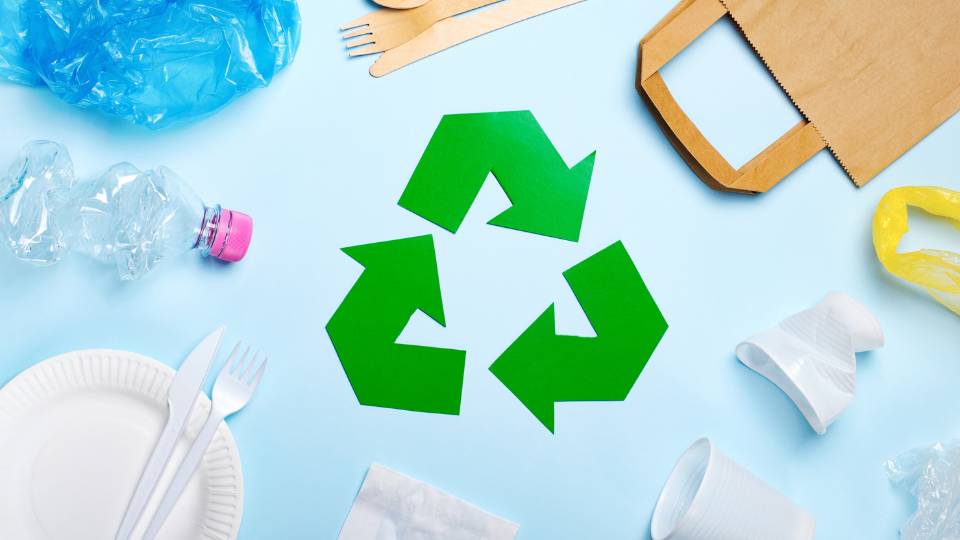
A Quick Summary
- Combine paper, cardboard, plastic containers, and aluminium cans to put into your dry mixed recycling bins.
- Glass is also recyclable but needs its own dedicated bin.
- Rinse, dry, and crush recyclables to reduce contamination and maximise bin space.
As a UK business owner, managing waste responsibly is not only environmentally important but also beneficial for your business operations and reputation.
Understanding which waste types can be recycled together can streamline your recycling processes, reduce contamination, and improve recycling rates.
This guide will help you navigate your mixed recycling, ensuring that your business contributes positively to the environment.
Table of Contents
- What Can Be Recycled Together?
- Tips for Effective Mixed Recycling
- Commonly Confused Items
- Benefits of Proper Mixed Recycling
- Conclusion
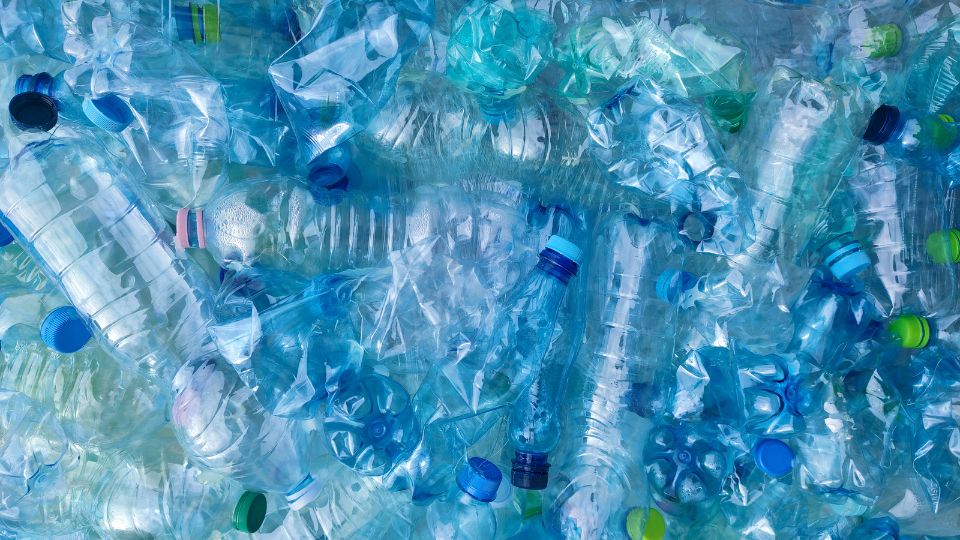
What Can Be Recycled Together?
Paper and Cardboard:
Newspapers, magazines, office paper, and cardboard boxes can typically be recycled together. Ensure they are clean and free of food residues.
Plastic Bottles and Containers:
Most plastic bottles, pots, tubs, and trays can go in the same recycling bin.
Rinse them out to remove any leftover food or liquids.
Metal Cans and Foil:
Aluminium and steel cans, as well as clean foil and trays, can be recycled together.
Squash cans to save space and ensure the foil is clean.
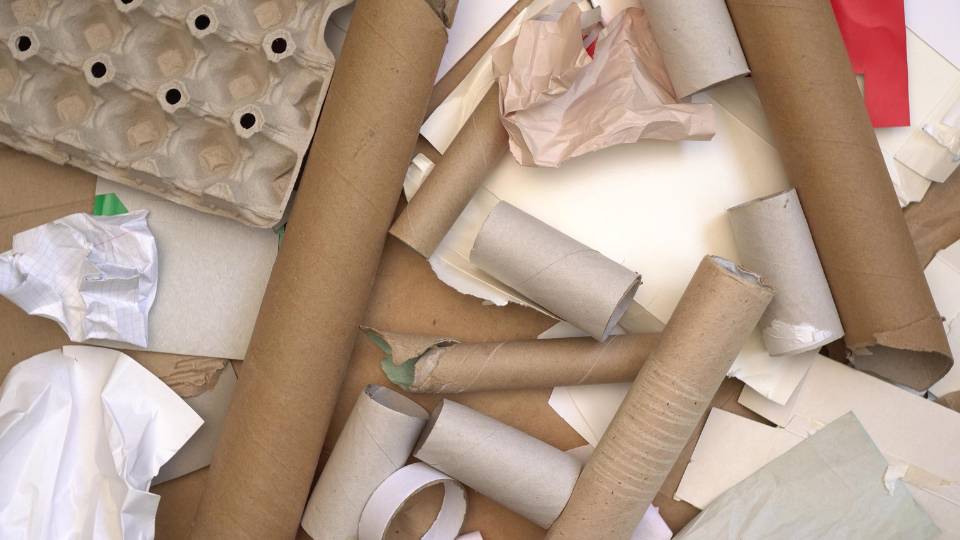
Tips for Effective Mixed Recycling
- Rinse and Dry:
Always rinse containers to remove food residues, as contamination can spoil entire batches of recyclables.
- Flatten and Crush:
Flatten cardboard boxes and crush cans to maximise bin space and improve efficiency in recycling transport and processing.
- Check Local Guidelines:
Recycling rules can vary by locality, so always check with your local council or waste management provider for specific guidelines.
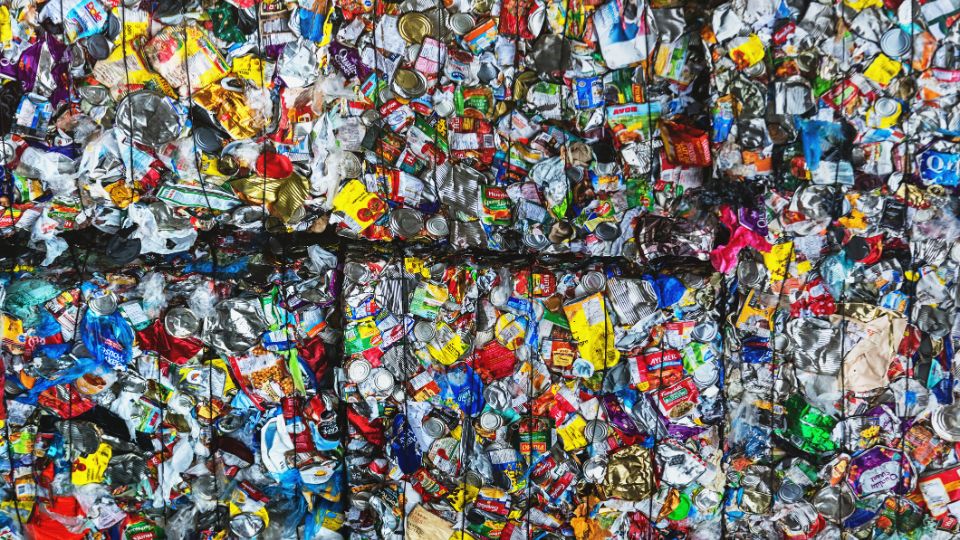
Commonly Confused Items
Electronics:
Items like batteries and electronics require special recycling processes and should not be placed in regular recycling bins.
Glass:
Glass bottles and jars can usually be recycled together but should remain separate from the recycling bin, instead they need their own dedicated container.
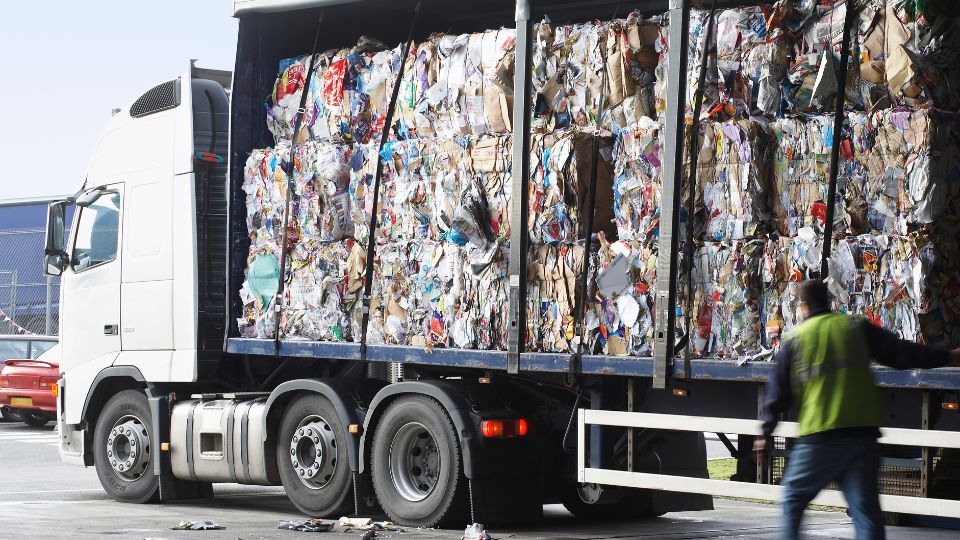
Benefits of Proper Mixed Recycling
- Cost Savings:
Reducing waste contamination can lower disposal costs and avoid fines.
- Environmental Impact:
Proper recycling reduces the amount of waste sent to landfills and conserves natural resources.
- Business Reputation:
Demonstrating a commitment to sustainability can enhance your business’s reputation and attract eco-conscious customers.
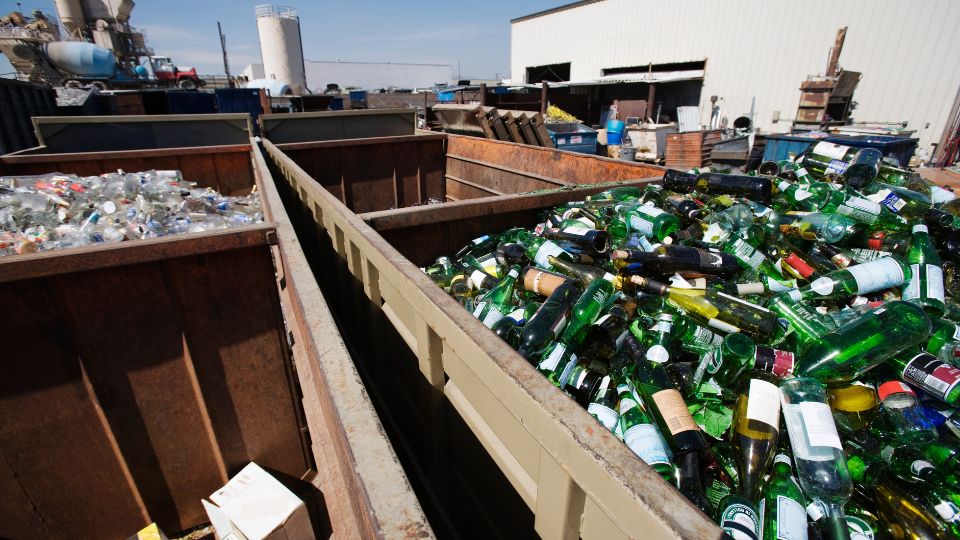
Conclusion
By following these guidelines, UK business owners can optimise their recycling efforts, contributing to a more sustainable future while reaping the benefits of efficient waste management.


